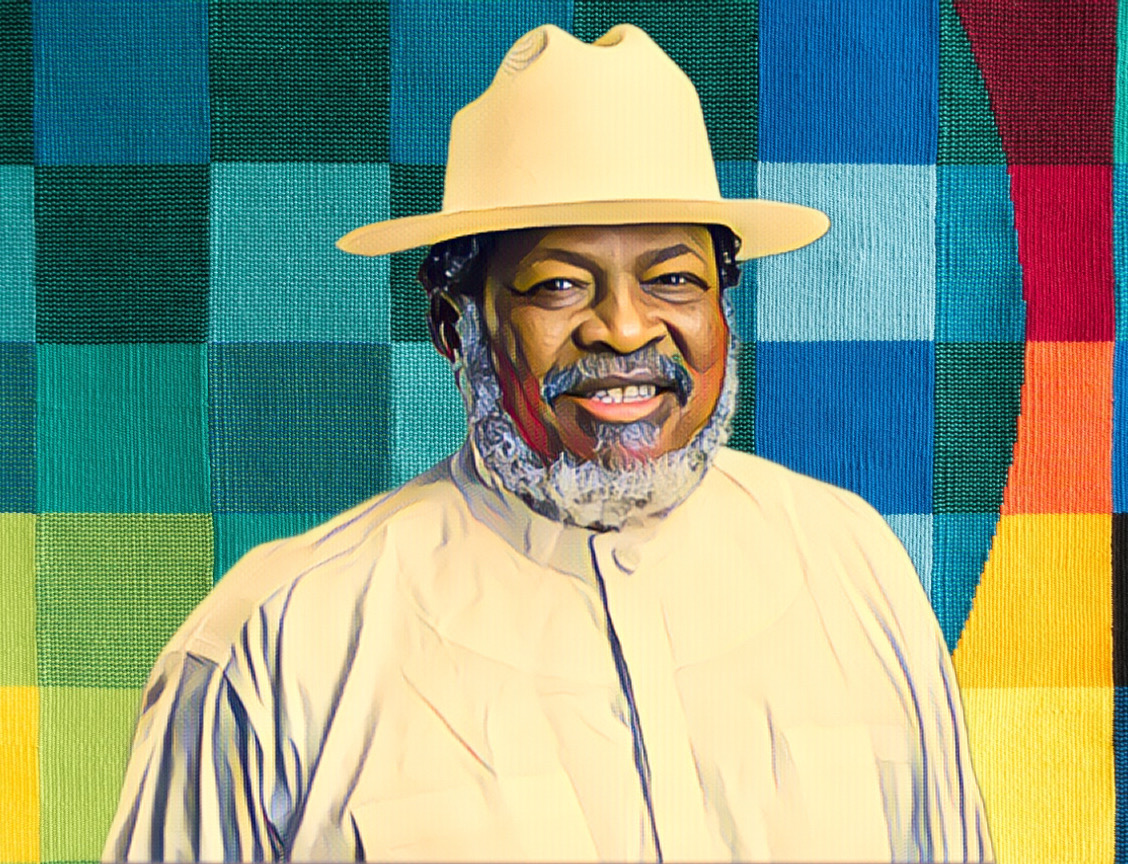KEY POINTS
- Obaigbena urged the military to stop arresting protesters and focus on kidnappers.
- He called for 25% of the national budget to be allocated to security.
- The Chief of Army Staff emphasized balancing national security with public information.
Chairman of THISDAY-ARISE Global Media Group, Nduka Obaigbena, has called on the military to stop arresting protesters and instead focus on apprehending kidnappers and criminals who pose security threats.
Obaigbena made the remarks during the 2024 third-quarter Nigerian Army Civil-Military Operation Media Chat, held in Makurdi yesterday. He also encouraged Nigerians to support the military’s efforts in combating insecurity and insurgency.
According to a report by Vanguard, he urged the federal government to allocate 25% of the national budget to the armed forces and security agencies to help address the country’s security challenges.
Commending the military’s efforts to restore peace in troubled regions, Obaigbena said, “Peace is essential for development. Our soldiers sacrifice their lives daily to provide us with peace, and we should not take it for granted. We must collaborate with them, and the military should do more.
“You should stop arresting protesters and focus on arresting kidnappers. Good governance will prevent protests, but kidnappers must face the full force of the law.
“Also, refrain from protecting election riggers. If elections are conducted properly, the government will be accountable.”
Obaigbena called for better funding of the military and security agencies, advocating that “25% of our national budget should be dedicated to security and the armed forces, including funding for technology.
“Previously, we had national satellite companies and other agencies that worked effectively. If we integrate national satellite capabilities with our fight against banditry in the North East and North West, we can monitor criminal activities in areas like Kaduna.
“We spend significant sums on national security and satellite technologies, and we need to adopt a whole-government approach to national security. A vibrant defense industry is crucial.”
Call for increased funding and strategic use of resources
Obaigbena also pushed for 25% of the national budget to be allocated to education, especially in the north, and another 25% for health and poverty reduction programs to support vulnerable communities.
He added, “We need to reduce taxes and put more money in people’s hands, allowing them to grow their own food and support themselves.”
He concluded by urging continued engagement between citizens and the armed forces.
Reflecting on his past experience with the military, Obaigbena recounted going into exile after an encounter with the regime of Gen. Sani Abacha. “As a guest of the security group, I was head-butted by Col. Frank Omenka of the Department of Military Intelligence.
“THISDAY had published articles critical of the Abacha government, and I was interrogated by five generals. After the interrogation, the tape was sent to General Abacha, and I eventually went into exile,” he said.
COAS urges media to balance national security and public interest
In his remarks, the Chief of Army Staff, Lt. Gen. Taoreed Lagbaja, called on the media to balance national security concerns with the public’s right to information when covering the Nigerian Army’s activities.
Represented by Maj. Gen. Hilary Nzan, Commander of the 4 Special Forces in Doma, Lagbaja acknowledged the media’s role in educating the public on the government’s and military’s activities.
“Public education is key for citizens to understand their role in addressing shared challenges. The media are our strongest allies in ensuring national security,” he said.
Lagbaja emphasized that the partnership between the army and the media is crucial for achieving national security goals and maintaining peace and territorial integrity.
He added, “While progress has been made in improving communication, challenges remain, and forums like this help address them.”


